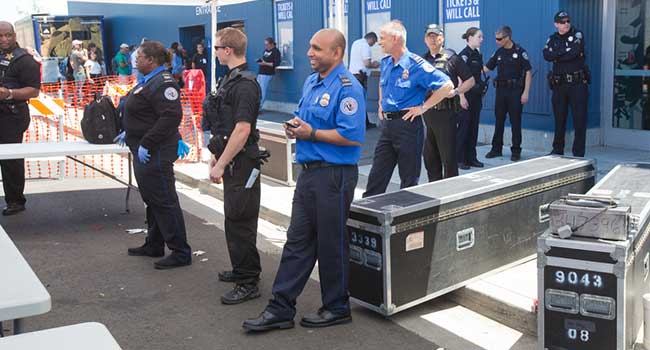
ACLU: TSA Behavior Profiling Unscientific and Unreliable
In a blog post on the American Civil Liberties Union’s website, the ACLU says that agents of the Transportation Security Administration use a system of “behavior detection” techniques that are unreliable and unscientific.
ACLU says TSA agents are to look out for people who are yawning, whistling, distracted or late for a flight. TSA calls these behaviors “mal-intent.” Based on these behaviors and a score of many more, agents flag that person for additional screening and questioning.
The ACLU obtained documents through a Freedom of Information Act lawsuit that show that TSA’s techniques and protocols are not rooted in valid science, and could, in fact, lead to an unacceptable risk of racial and religious profiling.
According to the post, the ACLU found five top things in the TSA’s documents. Here’s a summary:
TSA’s own files show that their use of behavior detection is unreliable and unscientific. The TSA turned over many academic and scientific studies that directly undercuts the notions that officers can detect deceit or bad intentions based on people’s behavior with any reliability, especially in a place like the airport.
In 2009, TSA expanded the behavior detection program beyond security checkpoints at airports and enabled “behavior detection officers,” some in plain clothes, to spread throughout the entire airport. Officers were taught to use “casual conversation” to draw information out of travelers.
The TSA overstated the scientific validity of behavior detection techniques in communications with Congress by repeatedly assuring members that the program uses “objective criteria.”
TSA documents reveal details of specific instances of racial or religious profiling. TSA produced records of investigations into alleged profiling by behavior detection officers in Newark, Chicago, Miami and Honolulu. The records highlight which behavior indicators can be used as a pretext for harassing minorities and disfavored groups.
Based on the findings, the ACLU suggests that TSA should phase out the behavior detection program and implement a rigorous anti-discrimination training program for all employees.